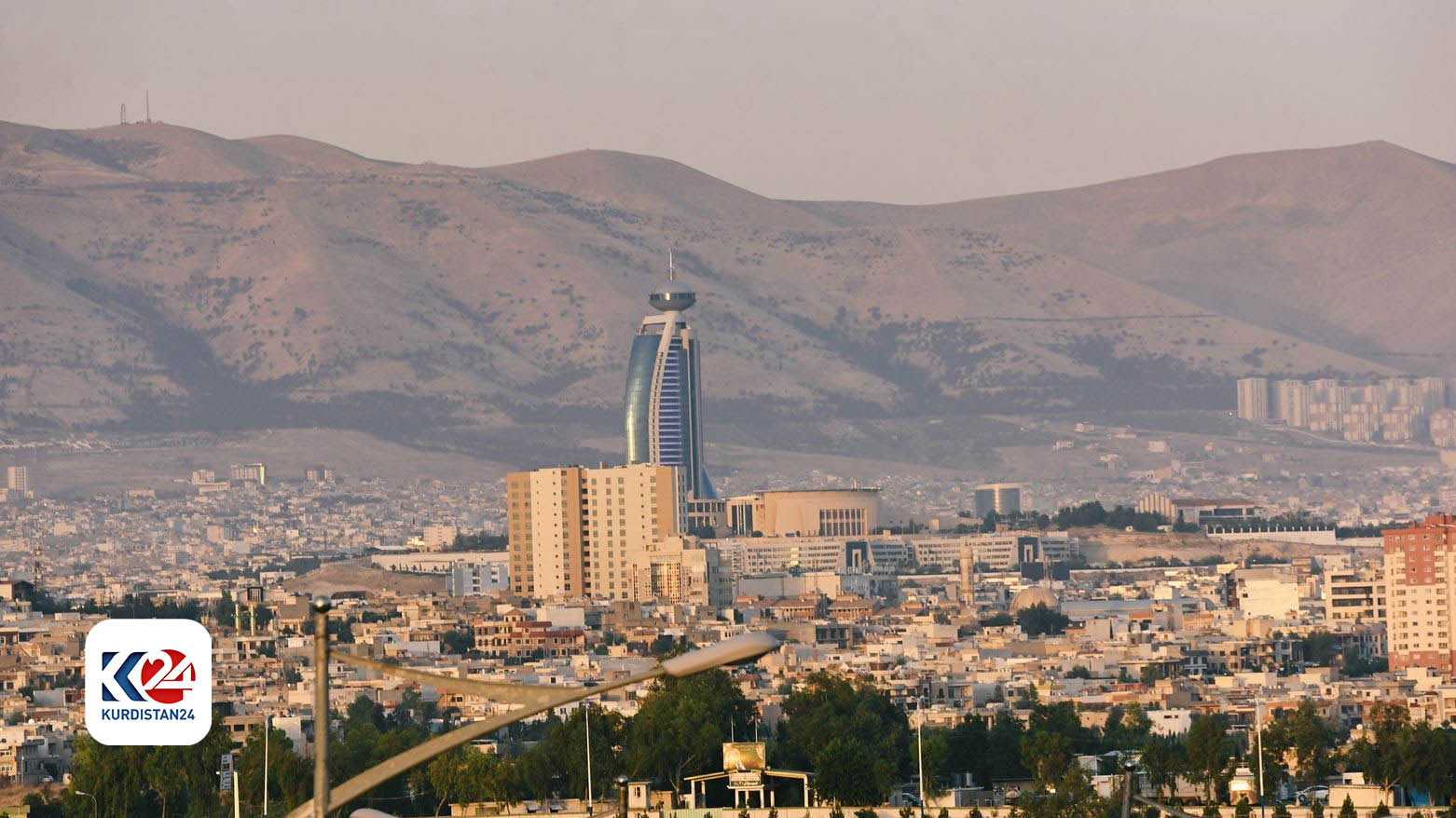Sulaimani marks 240 years since foundation as Kurdistan Region's modern cultural capital
From 1922 to 1924, Sulaimani was the capital of King Mahmoud's state and has been recognized as a hub for intellectuals and a center for various revolutionary movements in Kurdish history.

Nov. 14, 2024
ERBIL (Kurdistan 24) - Today marks the 240th anniversary of the founding of Sulaimani, which is considered one of Kurdistan's most modern and progressive cities.
Sulaimani was established in 1784 by Ibrahim Pasha Baban, who named the city after his father, Sulaiman Pasha. Beyond serving as the capital of the Baban Principality, the city quickly emerged as a significant commercial and cultural hub in the region.
From 1922 to 1924, Sulaimani served as the capital of King Mahmoud's state. Throughout its history, the city has been known not only as a cradle of intellectuals and activists but also as a center for numerous revolutionary movements and uprisings in Kurdish history.
According to the Jin newspaper, by 1955, Sulaimani covered an area of 20,250,000 square meters and had a population of approximately 60,000 residents. The city contained around 7,000 houses spread across six main districts: Kani Askan, Goizha, Malkandi, Sarshaham, Charbakh, and Dargazen.
Sulaimani's establishment marked a significant milestone in Kurdish urban development and cultural history. The city has consistently played a crucial role in Kurdish intellectual and political movements, earning it the nickname "Cultural Capital of Kurdistan."
The Baban Principality, under which the city was founded, was one of the most influential Kurdish emirates of its time, contributing significantly to Kurdish literature, architecture, and political development. Today, Sulaimani continues to be a major cultural and educational center in the Kurdistan Region, hosting numerous universities, museums, and cultural institutions.